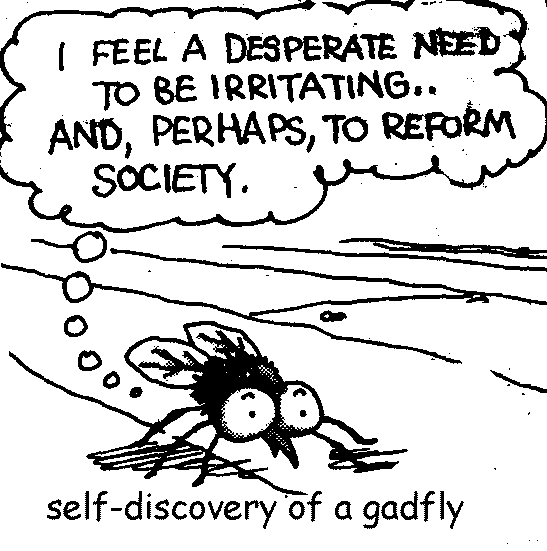Reflection on the DWA and "Apology" Paragraphs and HOS paragraphs
(30 minutes) Anchor Set review: Review and calibrate.
(20 minutes)Today I am going to return to you a few important pieces of writing that you have completed this semester. I would like you to assess your performance on these skills, using the three writing pieces in front of you.
(20 minutes)Today I am going to return to you a few important pieces of writing that you have completed this semester. I would like you to assess your performance on these skills, using the three writing pieces in front of you.
Here is the link to the handout I would like you to complete today: Reflection ELO
4. Writing.4
Clear and Organized Writing
Data: Analytical Essay
(A:Advanced Proficient, P:Proficient, AP:Approaching Proficient, NP: Not Proficient)
Skill
|
A
|
P
|
AP
|
NP
|
1) Use pre-writing strategies to organize my ideas
| ||||
2) Write opening paragraphs that introduce my topic, set context, and make a strong thesis statement.
| ||||
3) Write interior paragraphs that use claims, supported by evidence and commentary.
| ||||
4) Create conclusions that wrap up my ideas and show a comprehensive understanding of the topic
| ||||
5) Revise to correct grammar and sentence structure
| ||||
6) Revise for word choice and voice
|


